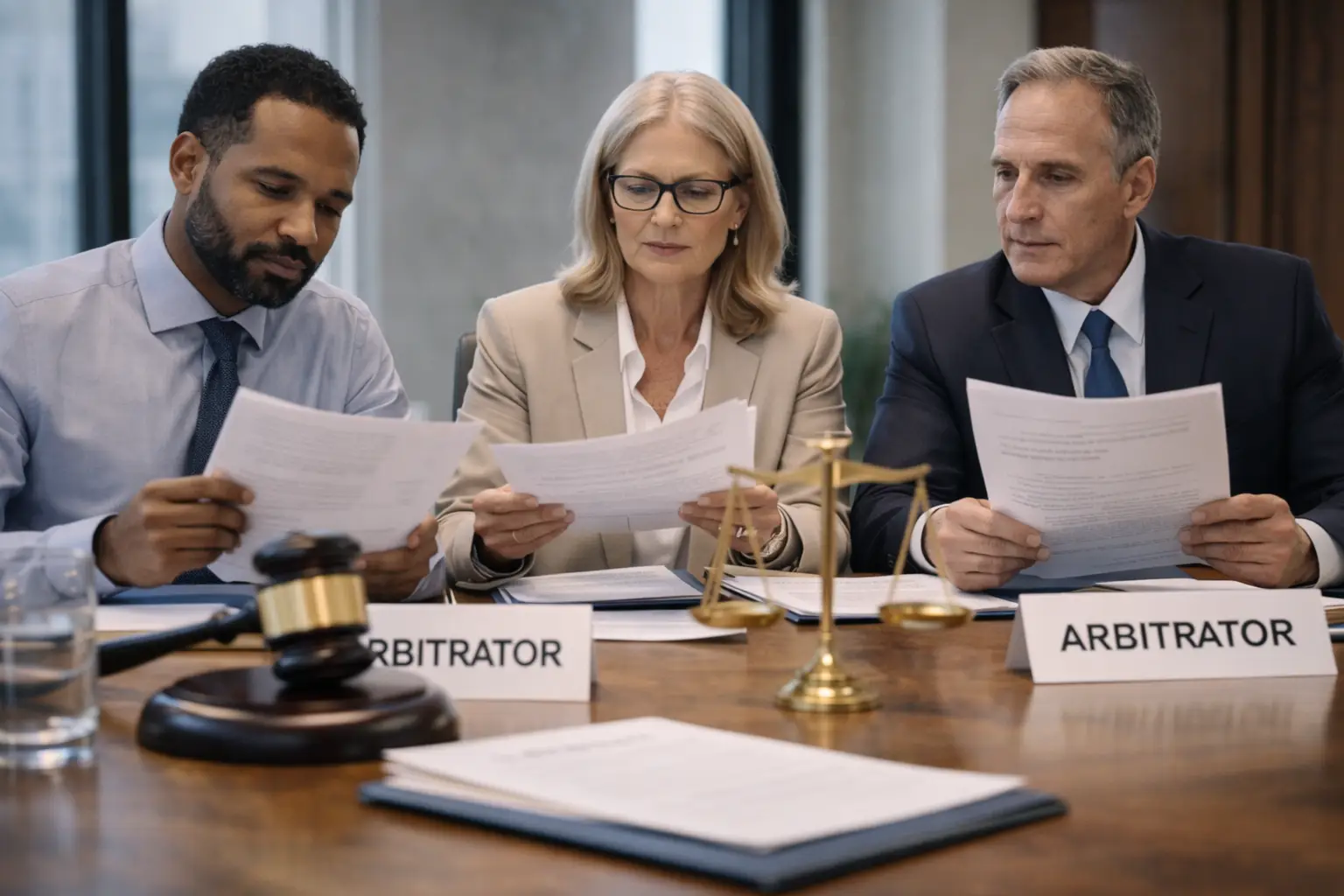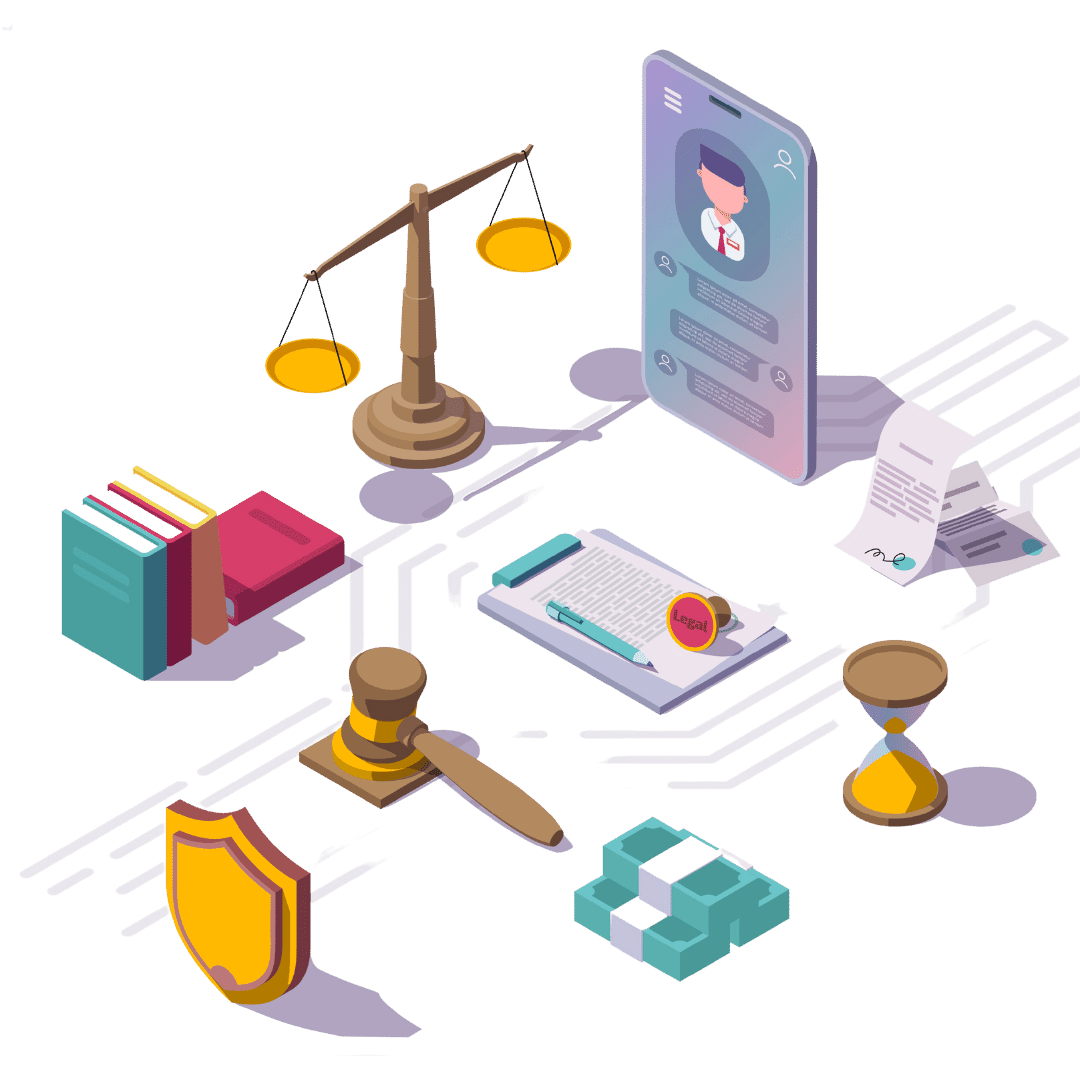In today’s technologically advanced era, the world of dispute resolution isn’t far behind. Online Dispute Resolution, known as ODR, is transforming the landscape of Alternative Dispute Resolution (ADR) with a robust digital alternative. Through the deployment of the latest technology, ODR is bringing a revolution to the legal framework, facilitating litigants, court staff, and all parties involved.
What is Online Dispute Resolution?
Online Dispute Resolution (ODR) embodies the digital evolution of traditional ADR. It leverages the power of technology to resolve disputes across multiple jurisdictions, from small claims cases to complex family law matters. With its online negotiation, arbitration, and online mediation techniques, it brings forward a more accessible and streamlined dispute resolution process.
The advent of ODR has significantly increased access to justice. Conventional judicial branches and supreme court proceedings can be intimidating and difficult to navigate, particularly for those with disabilities. With ODR, these barriers are significantly diminished, offering a more inclusive alternative that opens up the legal world to a broader demographic.
The Process: From Initiation to Resolution
ODR typically starts when litigants mutually agree to employ an ODR platform like Modria for resolving their dispute. These platforms offer step-by-step guidance for dispute resolution, simplifying case management and ensuring an intuitive experience for users. They often include an FAQ section for user queries, promoting a user-friendly environment.
Once on the platform, parties begin the process with online negotiation. Should this fail to bring about an agreement, they may proceed to online mediation or arbitration. The extensive use of technology in these processes, such as video conferencing, ensures uninterrupted and effective communication, regardless of geographical boundaries.
Despite the transition to an online environment, ODR maintains its commitment to due process. The American Bar Association and other bodies ensure fairness is upheld throughout the online process by enforcing comprehensive guidelines and regulations.
Successful Implementations of ODR
One prominent example of ODR’s success is its implementation by eBay to resolve disputes between buyers and sellers. Their ODR system efficiently manages disagreements, serving as an excellent model for other platforms.
In the public sector, often referred to as “gov” in ODR terminology, state courts are increasingly considering ODR to manage caseloads and provide accessible dispute resolution services. These strides in ODR integration highlight its potential in the public and private sectors alike.
The Role of Court Staff and Human Resources in ODR
In the transition to ODR, the court staff play a vital role. They help litigants navigate the online system, assist in case management, and ensure the smooth functioning of the ODR program.
Furthermore, human resources departments can greatly benefit from ODR. It can be used for resolving internal disputes efficiently and without causing significant disruptions, thereby promoting a positive work environment.
Final Thoughts
Although ODR holds enormous potential, it’s important to acknowledge that it may not suit every type of dispute or party involved. Understanding the nature of the dispute and the parties’ needs is crucial before opting for ODR. The information provided here should serve as a comprehensive guide to ODR, but it is not a substitute for professional legal advice (hence, the disclaimer).
In conclusion, ODR is redefining the future of dispute resolution. By embracing technology and inclusivity, it is setting a new benchmark for accessing justice, regardless of the case type or parties involved. It’s not just a trend; it’s a movement shaping the future of ADR, and potentially, the entire judicial branch.
How It Works
Rapid Ruling is an online dispute resolution platform. We offer parties the ability to resolve a dispute in weeks instead of months or years with traditional state courts and are 100% online. We resolve your dispute by having a professional Arbitrator hear both parties, review their evidence, and render a decision.

- Submit Your Case
Gather your documents, photos, videos, and other evidence. Upload the files to our secure server, describe your claim, and identify the responding party.

- Online Arbitration Hearing
The hearing will either be a live phone call or a video hearing. Your Arbitrator will first ask both sides to tell their story. Then the Arbitrator will ask detailed questions to both parties based on the statements and evidence.

- Decision
Your Arbitrator will issue a decision within weeks of filing a claim, not years. This decision is legally binding and enforceable.
Why Choose Rapid Ruling?
Convenience. Taking your dispute to court, you’ll have to take time off work or step away from your business or family to drive down to the court, wait for your case to be called, dispute your claim, and go back. If you want to get a witness to join you, they’ll face the same bothers. With Rapid Ruling, our Hearings are short and online web-based from wherever you or your witness might be.
Rapid Results. You can get a decision in as little as weeks from the date both parties agree to use our service. The court can take months or years, if not longer!
Comfort. You don’t have to learn the rules of court or get in front of a crowded courtroom. Our Arbitrators are highly qualified and unbiased but not intimidating
Quality. RapidRuling’s assigned Arbitrators review all claims thoroughly and spend the time necessary for them to rule on the claim.
Alternative Dispute Resolution Blog
Read about alternative dispute resolution and how our online arbitration platform works.

What Is an Arbitration Panel?
I hear the same story from business owners all the time. A contractor in Florida signs a job, everything seems smooth, and then suddenly a disagreement over the contract terms pops up. Nobody wants to go to court, and most people do not want the costly

What Is a Binding Decision?
A binding decision is a ruling made by a neutral third party, such as a judge, arbitrator, or administrative body, that the parties involved must follow. In legal terms, it has the same weight as a court order. Unlike casual agreements or negotiations, a binding

Preventing Lawsuits in Joint Venture Agreements
Joint ventures (JVs) can be powerful tools for growth. Two businesses combine expertise, share resources, and expand into new markets. But for every successful real estate joint venture or international expansion, there are countless stories of deals falling apart



We Quickly Decide Disputes With Ease
Resolve your dispute with RapidRuling in 4 easy steps!
Begin your online arbitration or mediation, by visiting our eFile Portal, where you can submit your case.
The opposing party will receive notice from Rapid Ruling of the claim and shall respond within the time period, if any, specified.
The assigned Arbitrator will review the submissions and proceed to review the claim based on the Rules.
Your Arbitrator will issue an award within weeks of filing a claim, not years. This decision is legally binding and enforceable.




